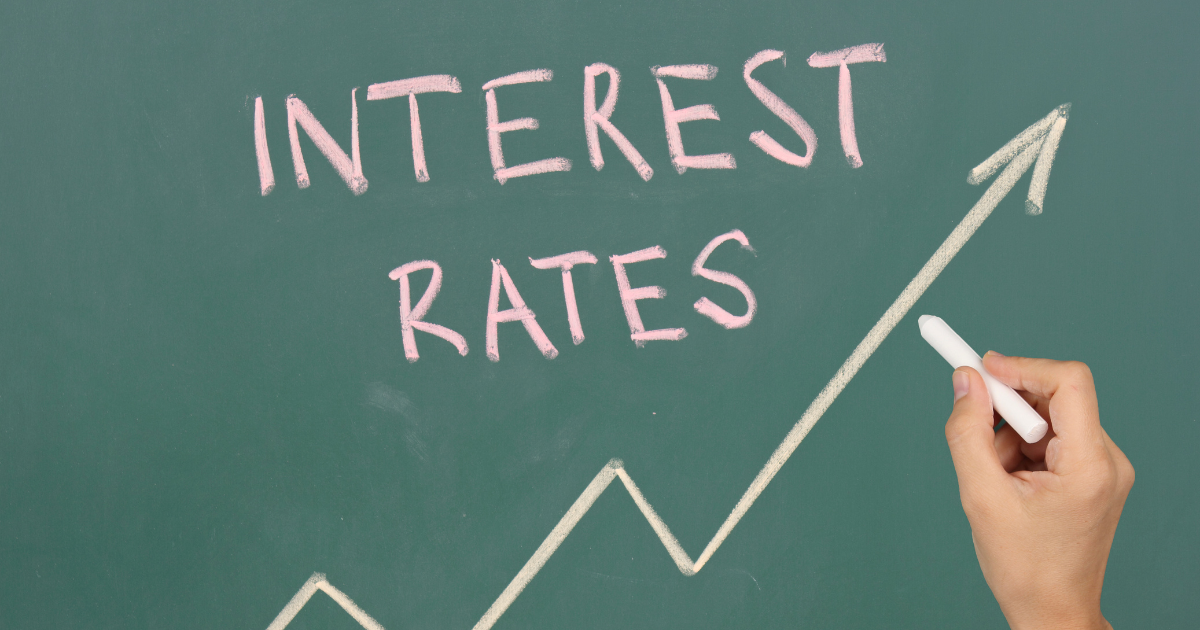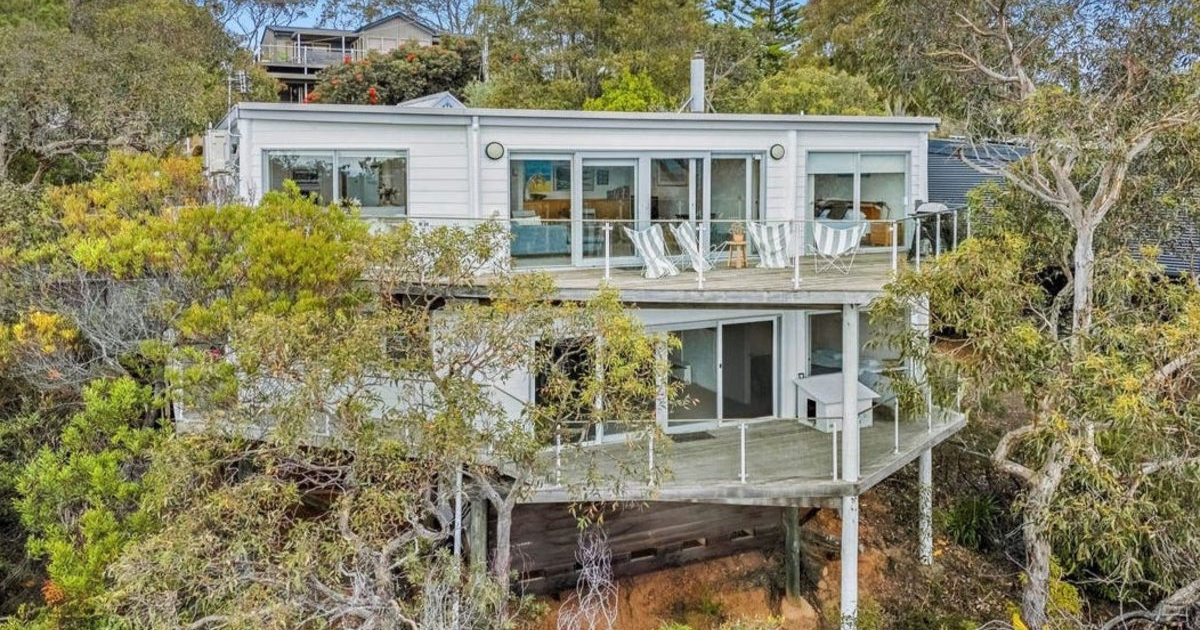Rates and inflation on upwards trajectory

A Finder nationally representative survey of 688 workers found close to three in four workers (71 per cent) feel they are underpaid.
The Reserve Bank’s decision to increase the cash rate by 50 basis points from 0.35 per cent to 0.85 per cent has caused some jitters in the market as the impact of inflation hits home.
Master Builders Australia (MBA) CEO Denita Wawn said the move to substantially increase official interest rates is a wake-up call for the economy in which inflation is running well ahead of expectations.
“Inflation hurts everyone in the economy and so we understand the rationale behind the substantial interest rate rise,” Ms Wawn said.
“However, while there is a need to temper the economy to tackle inflation there is also a need to maintain economic growth so that building and construction activity is not depressed.
“Building and construction has been the canary down the inflationary coalmine for the past six months.
“We have been dealing with cost increases for products and labour that have been well ahead of headline inflation figures and building approvals have been declining over the same period.”

According to MBA there are more than 420,000 building and construction businesses that have been weathering the storm of inflation in advance of the rest of the economy while also shouldering much of responsibility for completing economic recovery.Ms Wawn said that with the inflation challenge now facing the country it is important the federal government makes use of both fiscal and monetary policy levers.
“Microeconomic reform must also be a focus, for example, the federal government can work to reduce the cost of creating new homes by tackling issues like land supply, regulation and the tax burden on new home building,” she said.
Head of consumer research at Finder, Graham Cooke, said the cash rate hike will cost the average Aussie homeowner nearly $2,000 over the course of a year.
“The average homeowner will see their monthly repayments jump by $159 – equivalent to $1,907 per year from this increase alone, with more to come,” Mr Cooke said.
“The past few years have seen a huge number of buyers flood into the market, with rock-bottom interest rates, those days are certainly over.”
A Finder nationally representative survey of 688 workers found close to three in four workers (71 per cent) feel they are underpaid.
A third (33 per cent) believe they should be paid more for their work, while a further 31 per cent believe their wage should increase due to inflation.
Mr Cooke said that many Aussie workers were banking on a pay bump as a buffer against inflation.
“Australians are already feeling the cost of living crunch and are looking to their employers for some relief,” he said.
“While unemployment is now very low and companies are competing fiercely for top talent, economists almost unanimously agree that wage growth won’t keep pace with skyrocketing inflation.”
The future of interest rates looks to be only up with many in the industry predicting rate rises.
Head of economics and market research at the Bendigo Bank, David Robertson, said that the RBA is very likely to increase rates in 0.25 per cent increments steadily over the next nine months until we approach a cash rate of around two per cent.
“They will be careful not to overshoot with policy tightening and risk a hard landing, but inflation will rise further due to supply issues, so they have more work to do.”

















